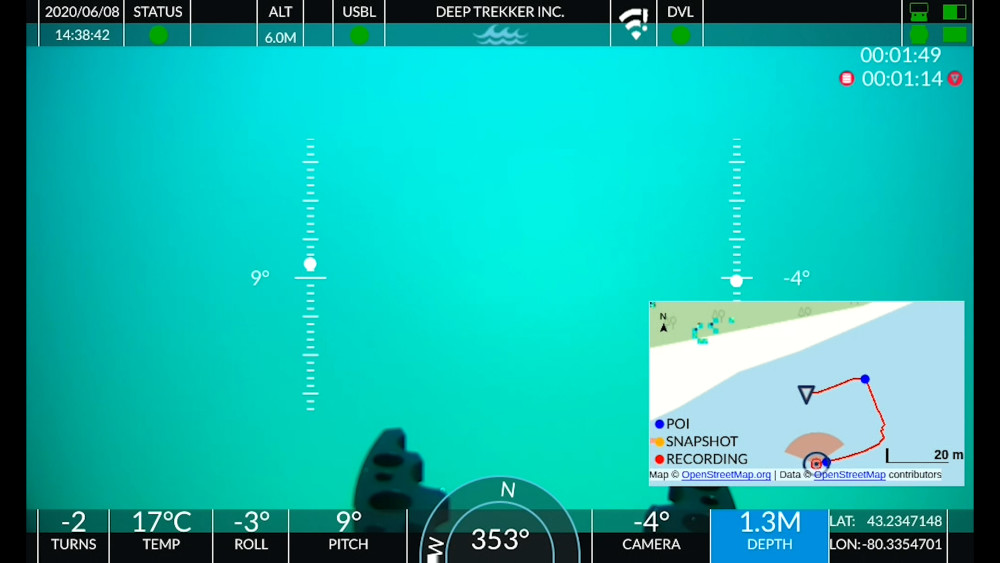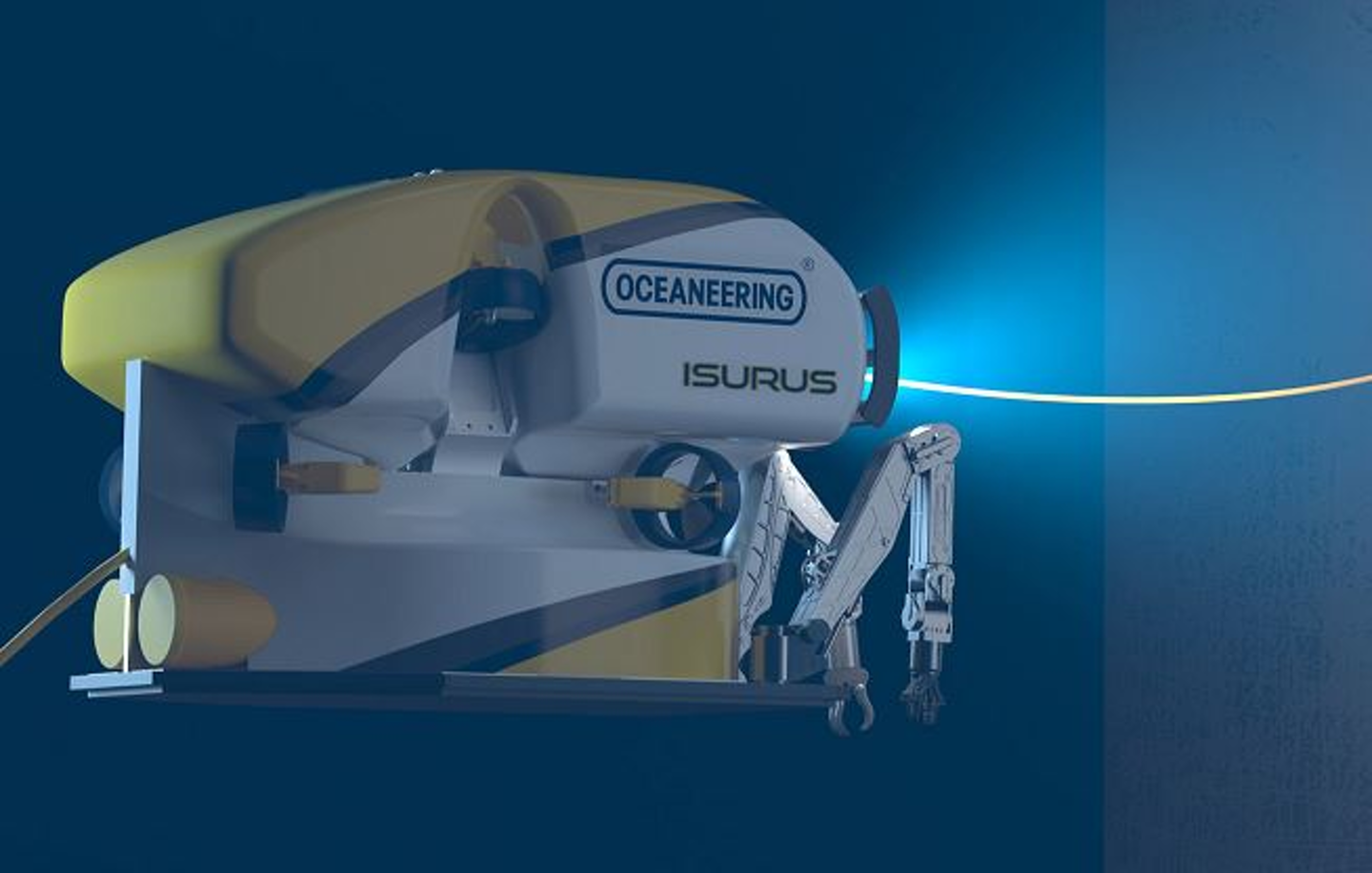Home › Forums › General › Financial, Tax and Insurance › New Australian Tax Law
- This topic has 11 replies, 10 voices, and was last updated 15 years, 2 months ago by
Hot Stab.
-
AuthorPosts
-
June 6, 2009 at 1:19 am #2531
Jason
ParticipantHello Gents
Rumour has it the Ozy politicians are trying to pass through new tax legislation. If you are an Australian citizen/resident all offshore monies earned will now be donated to the ATO at the highest rate. This includes monies earned in countries with tax agreement with Australia. Basically if you do pay the tax in the country that you earned it (ha ha) then you will be credited that amount against the Ozy rate and pay the difference. If you have not paid tax in the country of origin and are going for the 90 day rule! then good luck. If passed it will come into effect on July 1st 09.
Can anyone confirm? 😕
I can here the north sea boys laughing from here! I can also see a huge influx of Ozzies going back home if true.
June 6, 2009 at 9:06 am #23542Andy Shiers
ParticipantYaheeeeeeeeeeeeeeeeeeeeeeeeeey 😀
June 6, 2009 at 10:50 am #23543James McLauchlan
Participantnobber… A firm specialising in tax law seems to think that is the case and it does come into effect on 1st July 2009.
Australia: 2009 Federal Budget – Tax Changes And Implications
There are a number of changes to the tax system but the element you are referring to, and the one that is likely to have the most impact on Oz citizens/residents is as follows:
Offshore Employment Income
Currently an Australian resident working overseas for more than 90 days who receives foreign employment income subject to tax offshore is exempt from tax in Australia.
From 1 July 2009 this exemption will only apply to a limited category of taxpayers (such as aid or charity workers). Under the new rules foreign employment income will be taxable in Australia and taxpayers will be able to claim a tax offset for foreign income tax. This change is likely to have a significant bottom line impact on the tax costs of clients having foreign employment income, or employing staff offshore.
The source of the above information was from HopgoodGanim Lawyers
The full article can be found at: http://www.mondaq.com/article.asp?articleid=79682June 6, 2009 at 1:14 pm #23544Savante
Participantwell, that can only stimulate prices for personnel in UK waters……..
June 6, 2009 at 1:29 pm #23545Scott Beveridge
ParticipantAnd…. perhaps elsewhere Sav…..
June 6, 2009 at 4:15 pm #23546Jason
Participantnobber… A firm specialising in tax law seems to think that is the case and it does come into effect on 1st July 2009.
Australia: 2009 Federal Budget – Tax Changes And Implications
There are a number of changes to the tax system but the element you are referring to, and the one that is likely to have the most impact on Oz citizens/residents is as follows:
Offshore Employment Income
Currently an Australian resident working overseas for more than 90 days who receives foreign employment income subject to tax offshore is exempt from tax in Australia.
From 1 July 2009 this exemption will only apply to a limited category of taxpayers (such as aid or charity workers). Under the new rules foreign employment income will be taxable in Australia and taxpayers will be able to claim a tax offset for foreign income tax. This change is likely to have a significant bottom line impact on the tax costs of clients having foreign employment income, or employing staff offshore.
The source of the above information was from HopgoodGanim Lawyers
The full article can be found at: http://www.mondaq.com/article.asp?articleid=79682Cheers Jamesmc
I found that site myself but could not find anything on any government web sites. I assume as its not law yet they do not have to show anything! a little twisted if true, cos a small, seemingly secret, decision made by them effects large amounts of people and right were it hurts,in the wallet! They have no fathers! 🙁
June 7, 2009 at 12:48 am #23547sedco
Participantwell, that can only stimulate prices for personnel in UK waters……..
and of course there could be more slots opening up for Filipino trainees.
June 7, 2009 at 9:25 am #23548James McLauchlan
Participantand of course there could be more slots opening up for Filipino trainees.
The companies pursuing this course need their heads examining…. but then that’s bugger all to do with Oz tax so I’ll start another thread on the subject.
July 8, 2009 at 8:48 am #23549jul iris
ParticipantIf you have not paid tax in the country of origin and are going for the 90 day rule… that is a good one huh…
________________
Irs problemsSeptember 28, 2009 at 4:21 am #23550ozsub
ParticipantI have spoken to several guys working outside Australia regarding this new tax law and it seems they all have different ideas on what to do.
Some are trying to get away with it using the 91 day rule by not going home for over 91 days, another guy said if you say you are non resident and work outside oz for over 183 days you can get away with not paying tax.
It seems like its back to being a very grey area and depending on who you talk to in the tax office about it you get a different story.After reading the tax office website it seems neither the 91 days or the 183 days will do you any good as the governerment classes any employment that is not charity related or for armed forces as taxable income?
I’ve been working outside Oz for at least 5 years but only living outside with my family for the last 2 and always claimed the 23AG rule , still have property and still go home once or twice a year but it seems after reading the ATO website I’m also now supposed to pay Oz tax minus the amount I pay in the county I’m living(which is 12%). If thats the case its no longer worth being outside Oz.
Interested to hear from guys working in Asia or whereever and live in Oz on what you are now doing or if there is some way of avoiding Oz tax?
September 29, 2009 at 12:09 pm #23551Christopher Tyson
ParticipantI did read somewhere that the new tax law relates to Australian residents for tax purposes, not non-residents. There is a difference.
As non-resident, any income derived from within Oz is taxed at the highest rates etc., but income derived outside Oz is out of the taxman’s reach, provided you are non-resident.
The ATO website gives guidelines on how to determine if your non-resident or not. Your primary place of residence needs to be o/seas, plus some other criteria.
September 29, 2009 at 10:07 pm #23552Hot Stab
ParticipantBascially if you are earning overseas money and coming back to oz on your time off, you WILL be paying tax.
If you are coming back to oz on your time off then you are deemed to be a resident. It doesnt really matter how long you are away out of oz.
To be a non resident you must be out of oz for a considerable amount of time, have a perment resident ( house ) in another country. Single man quaters or living on a rig does not count. Your family must also be with you.Even expats who live overseas, may also have to pay tax when they get back to oz, because if the ATO thinks that it is there intention to live back in OZ then they may decide to hit them.
I have read the bloody ATO web site a million times on what they class a resident and non resident. I have looked at ways in trying to beat it but basically they have us oversea’s workers screwed !
There is a few different options you can do.
1/ Leave australia, permently with no intention of coming back for a long time. Make sure you buy a house overseas and take family with you !2/ Say bugger it, and work back in OZ. Wages are still good and you get 9% percent Super. Just need to find a job, however the Gorgon project has got the green light.
3/ Keep working overseas and peferably in a country which has a high tax which you company is paying for you.
Start investing your money in property or shares. Claim every last penny when overseas and at home, especially courses, hotels , food, travel, internet, phone etc.
So between you ( or your company ) paying tax in another country, your investments and expense claims, then hopefully you will reduce your tax in OZ to around 10 -30%. Not to mention hopefully your investments will do you well !Take some time and have a good read of the ATO website, get yourself a list of questions and go see a accountant. Ask what you can do, to minimise your tax. See a financial planner.
All the best
Hot Stab (ex ROV) -
AuthorPosts
- You must be logged in to reply to this topic.



